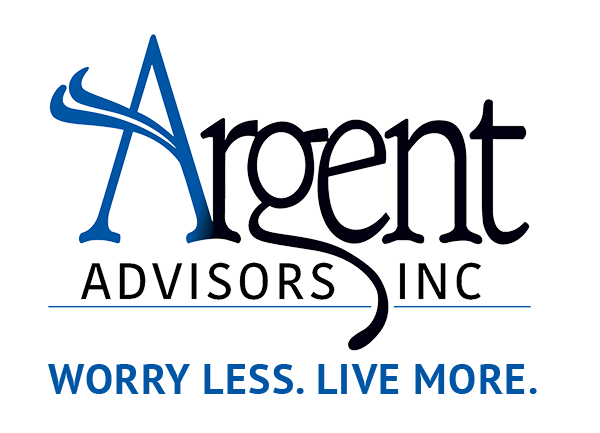You Need Two Kinds of Money in Retirement
It comes as a shock to most folks entering retirement that they need two kinds of money in retirement.
Ever since the first day that you showed up for work, the HR folks have been telling you to sock as much as you can into the company’s 401(k) retirement plan. In your mind, these were all “retirement funds” being saved for the purpose of…(you guessed it) retirement.
So, naturally, we assume that all retirement money is the same – for retirement, right?
No. Sorry, that’s not correct.
Because in retirement you really need two kinds of money, or more correctly stated, two kinds of capital.
The first is income capital. Income capital is what we’re referring to when we talk about the act of say getting $1,000 a month out of our $300,000 401(k) plan. If you take that amount out, you’ll have to earn about 4% per year just to stay even. If you can’t get 4% in a risk-free environment these days, that means that you’re going to have to try to get 4% in some way that will expose you to risk.
So, your $300,000 will have to do a very important job – it’s going to have to make $1,000 appear in your checking account every month.
But what happens if inflation heats back up, causing the spending power of your dollar to drop just say 3% every year? Well now, that’s going to mean that in 10 years your $1,000 a month is going to spend like $750. In 20 years, it’s going to spend more like $550.
Well, if you start pulling more and more out of your 401(k) plan to cover expenses, your money could run out before you do.
So, to make matters worse, markets don’t care that you’re retiring or that you need a nice, steady stream of income. The markets are open for one reason only – to prosecute the ruthless process of allocating capital to the most efficient place possible.
And that causes a lot of volatility. When you make steady, monthly withdrawals from an account that is fluctuating up and down, you can accelerate the process of running out of money – it’s not a guarantee, it’s just a risk.
Finally, what happens if you get sick or disabled and need care over a long period of time? I’m no prophet, so my guess is only as good as someone else’s. But it appears to me that we’ve entered a phase in this country where, more and more, health care is going to be rationed. Basic care will be offered, but the choice may be somewhat limited. You could face a situation where you want a certain level of care, but Medicare simply will not pay for it. What if you had to use part of your retirement nest egg to pay for your own health care?
All of the above considerations are meant to jolt us into realizing that in retirement, you need two kinds of money – two kinds of capital.
You need “income capital,” whose sole purpose is to provide you with monthly income.
But you also need what I’m going to call “free capital,” which is your reserve, not called on to meet income needs, but unforeseen needs of tomorrow.
No one can tell you exactly how much of either you’re going to need.
But waking up to the reality of the need for both is a pretty good place to start.
Offering you Wisdom on Wealth, I’m Byron Moore.
Argent Advisors, Inc. is an SEC-registered investment adviser. A copy of our current written disclosure statement discussing our advisory services and fees is available upon request. Please See Important Disclosure Information here.

